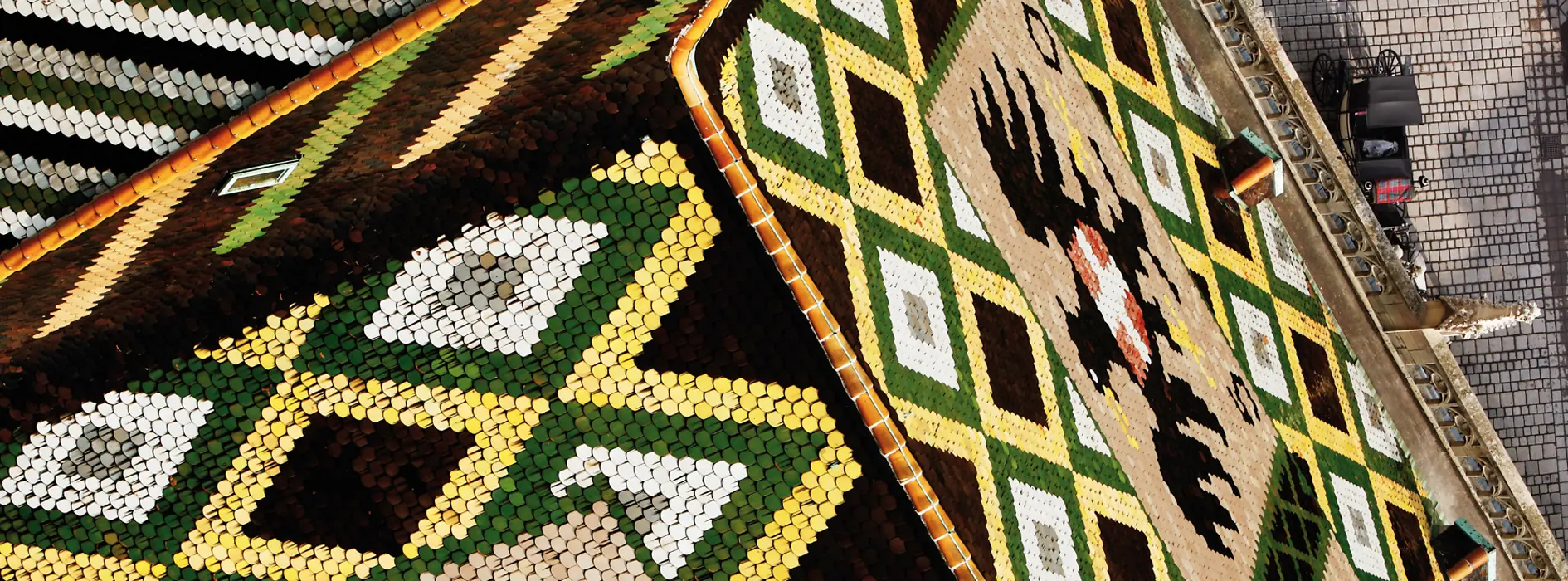Norbert Kettner: European solution needed to restore travel freedom
“From day one of the pandemic we set to work dismantling the internal EU market at lightning speed. While countries with large internal markets such as China and the USA are steadily approaching pre-coronavirus hotel occupancy rates, Europe is falling behind,” Kettner explained. This is a particular danger for a small tourism destination such as Austria, where 2020 clearly showed that the domestic market alone does not have sufficient potential – regardless of whether it is a question of city or winter tourism. “Before the outbreak of the pandemic, a third of all domestic overnights in Austria were accounted for by the greater Vienna area. For Vienna, which reported 17.6 million overnight stays in 2019 – 80% of which were accounted for by visitors from abroad – reactivating the market with domestic visitors alone is a mathematical impossibility,” Kettner confirmed.
Seeing Europe as one market again
“The rules of the game for global tourism are being rewritten at the moment and market shares reallocated. We need to see Europe as precisely the construct that we have been building up for decades: a common market. Travel protocols that transcend national borders and a uniform vaccination passport – ideally extending to the United Kingdom and Israel – can be used to stimulate tourism until long-haul markets return,” said the Director of Tourism, welcoming recent developments in the European Green Passport initiative. At the same time, Kettner observed that the international visitor economy had already moved a step further: “Initiatives such as the IATA Travel Pass, the World Economic Forum’s Common Pass and the testing strategies being implemented by individual airlines show the way forward.”
City tourism: hotels need borders to reopen
Over the past ten years – up to the outbreak of the pandemic – the number of overnight stays in Austria as a whole has risen by around 22%, by around 55% in the provincial capitals and by 62% in Vienna. Media and hospitality brand Time Out has just published the results of its first global travel survey, which canvassed more than 21,000 respondents: more than a third of those asked indicated that they were still planning a city break this year. Potential that Kettner wants to capitalize on: “Before the coronavirus pandemic, city tourism was one of the driving forces behind a successful visitor economy – and can be used again to kick start the economy if we take the right steps now. Reopening the city’s hotels has to go hand in hand with a reopening of European borders. Otherwise the audience is simply too small to be able to operate profitably.”
